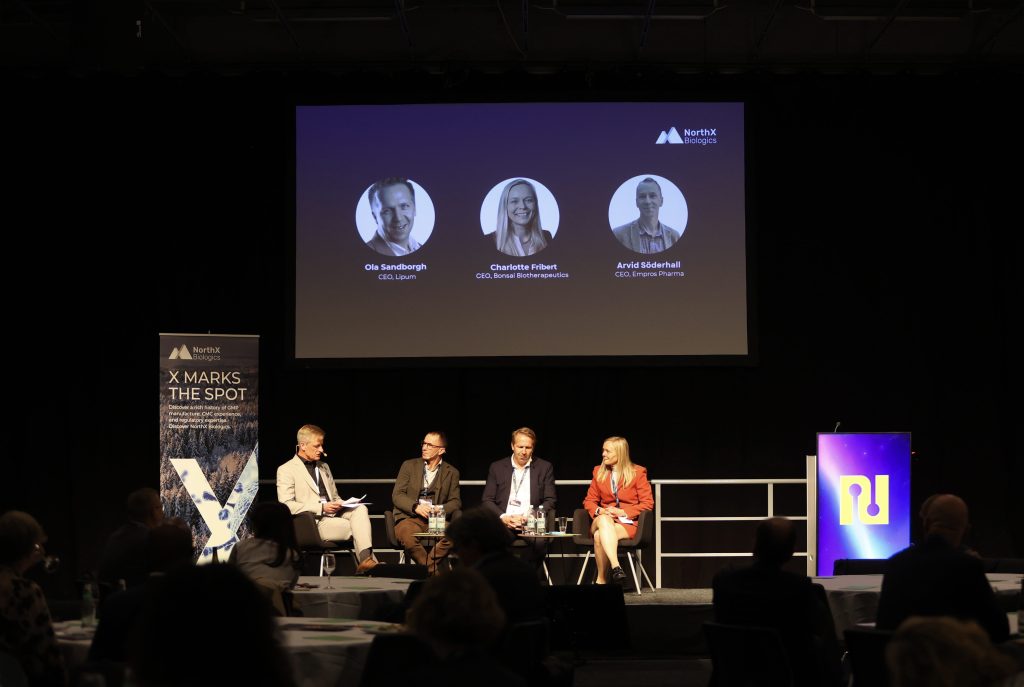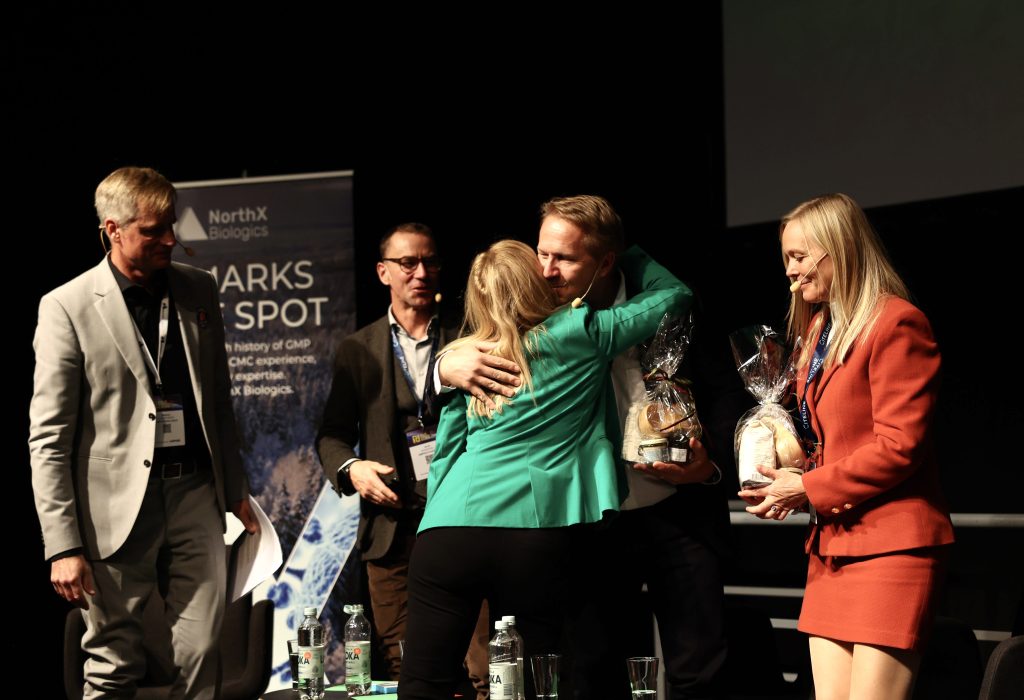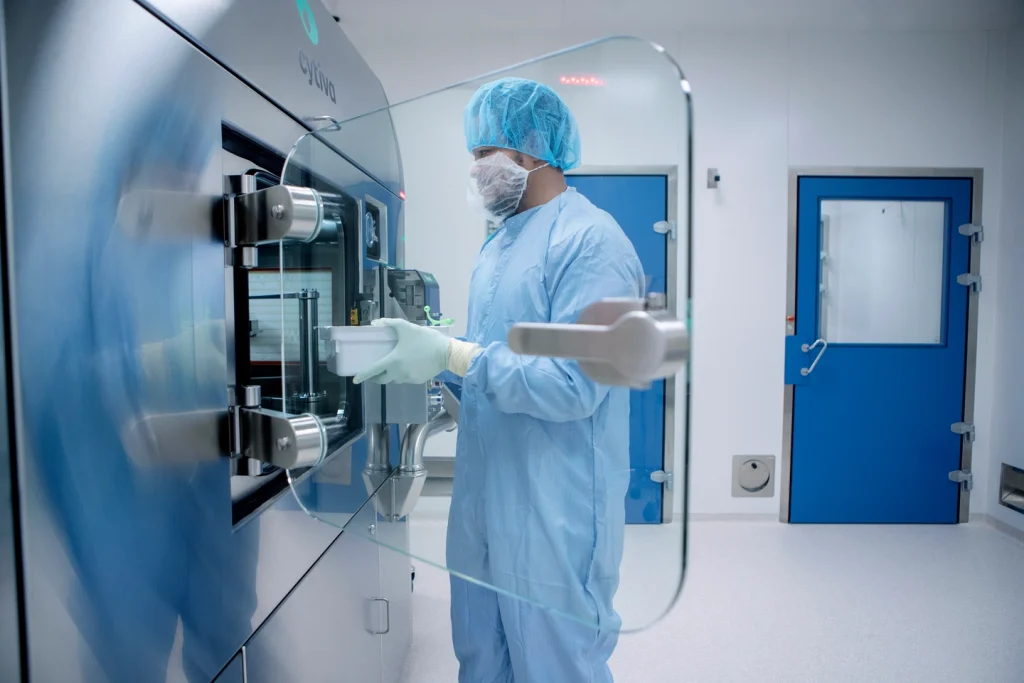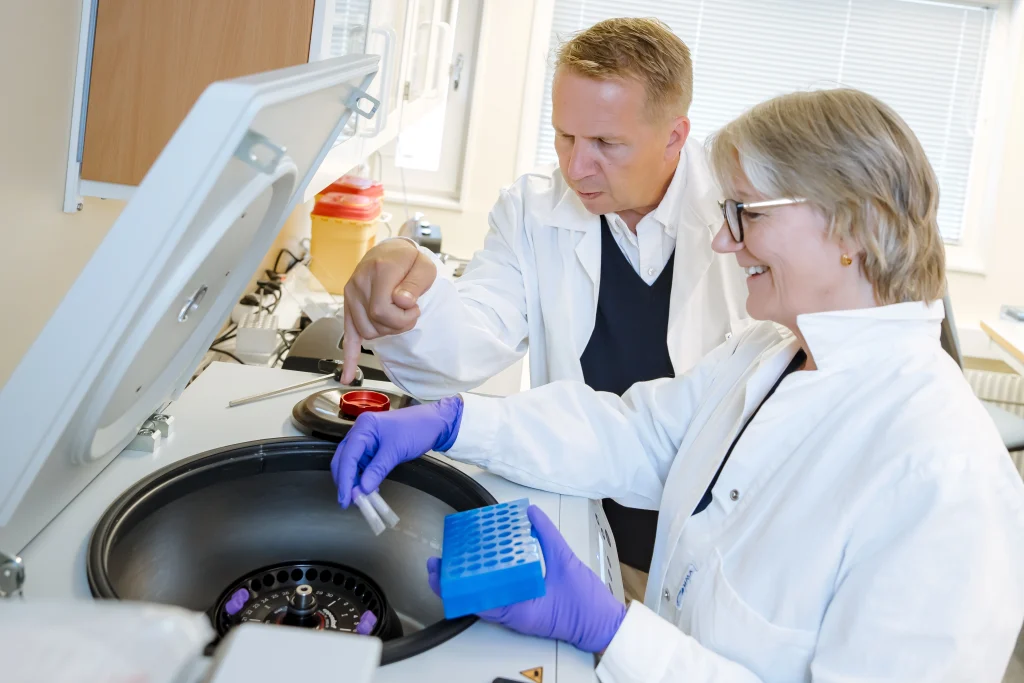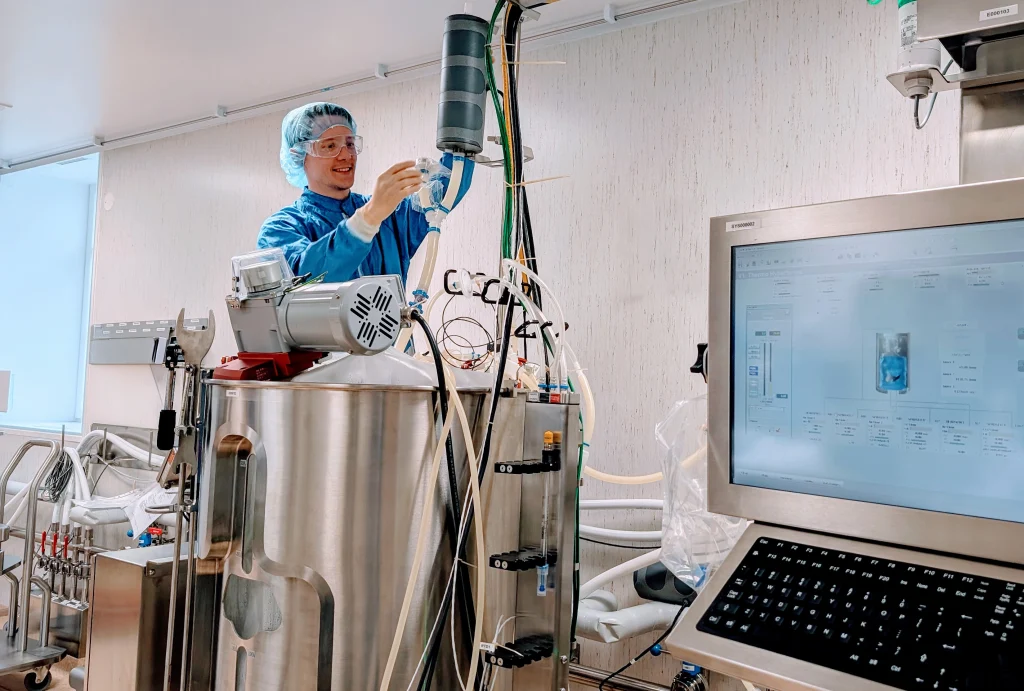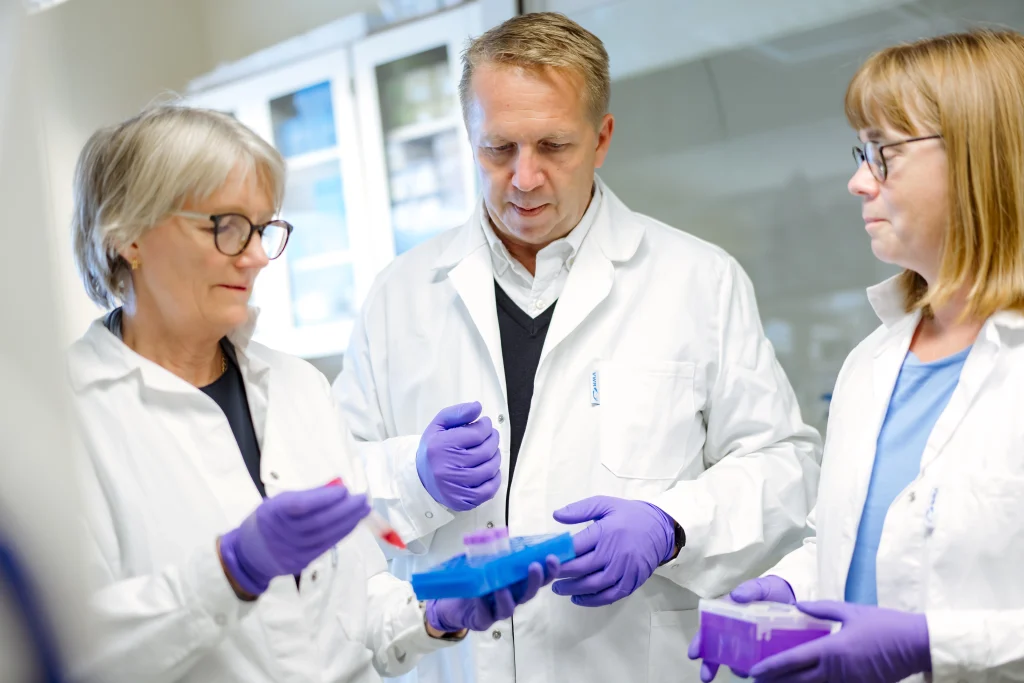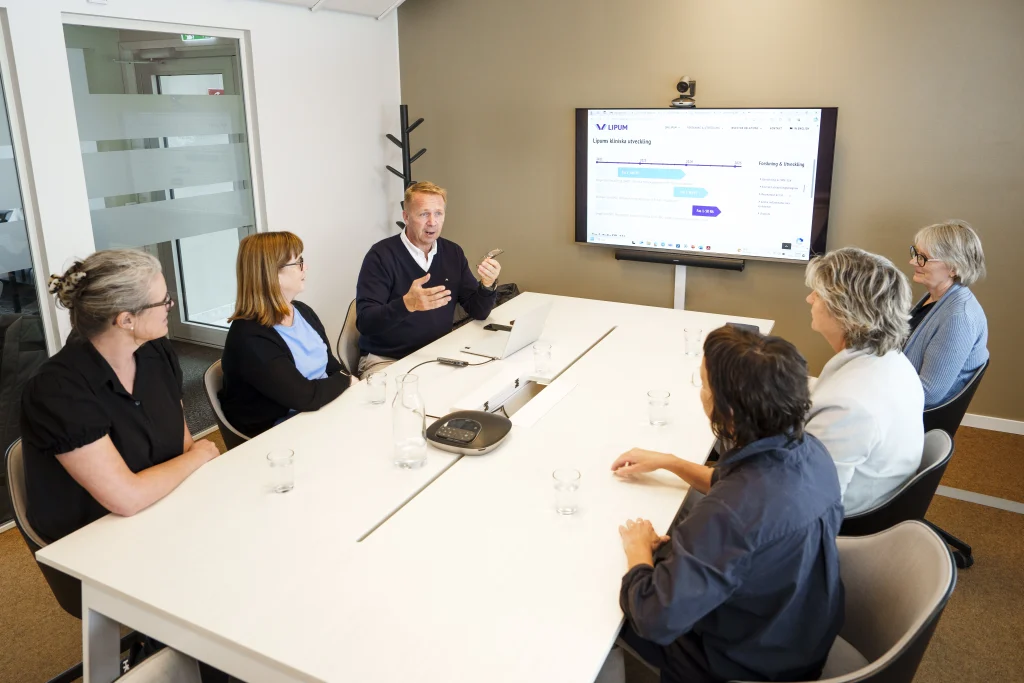The complex journey of bringing a biologic to market – part 6
As SOL-116 progresses toward Phase II trials, stability becomes a central focus in ensuring the product remains safe, effective, and within specification throughout its shelf life. Stability is not only a regulatory requirement, but also a scientific assurance that the product can maintain its intended quality under defined storage conditions over time.
For both Lipum and NorthX Biologics, this phase is about more than monitoring degradation. It’s about building long-term confidence in the product and generating the data needed to support clinical use, supply chain planning, and future commercialization.
Stability studies and shelf-life planning for biologic drug development
Stability studies are conducted under ICH guidelines, covering both real-time and accelerated conditions. These studies assess critical quality attributes such as potency, purity, and appearance at predefined intervals, ensuring that the product consistently meets release specifications throughout its lifecycle.
Key aspects include:
- Ongoing stability for drug substances manufactured during the GMP campaign.
- Initiation of stability studies on the filled drug product as part of the Fill & Finish batch.
- Defining retest dates and shelf-life for use in clinical documentation, including the Investigational Medicinal Product Dossier (IMPD).
- Assessment of storage and transport robustness, including cold chain validation.
NorthX Biologics on stability – ensuring GMP standards and trial preparedness
At NorthX Biologics, stability programs are executed in alignment with both ICH requirements and the specific needs of each clinical phase. For SOL-116, this includes:
- Storage under multiple conditions (e.g. 2–8°C, 25°C) to reflect real-world and accelerated timelines.
- Regular testing using validated GMP analytical methods.
- Integration of data into quality reports, shelf-life justifications, and regulatory submissions.
- The stability strategy is developed in close collaboration with Lipum to ensure that all timelines, testing points, and data outputs are aligned with clinical and regulatory milestones.
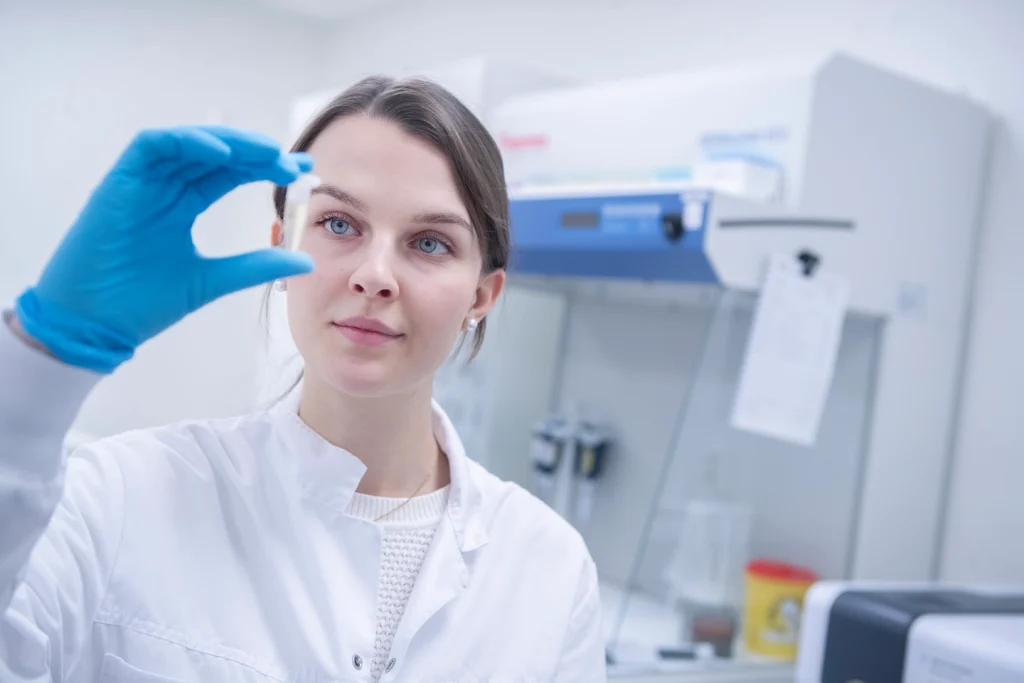
Lipum’s stability strategy – supporting clinical trials and commercial planning
For Lipum, stability data is a key enabler. It supports clinical trial continuity, informs logistics, and ensures regulatory readiness. As new material is manufactured and filled, stability studies help determine how long it can be stored and under what conditions it can be transported without compromising quality.
This information also feeds into future planning: forecasting for upcoming trial phases, early commercial considerations, and global supply strategy.
Stability data insights – ensuring biologic drug quality and market approval
Stability isn’t just about pass/fail, it’s about demonstrating control and predictability. As the development of SOL-116 advances, stability studies provide ongoing insight into product behavior and resilience, forming a critical bridge between development, clinical supply, and future market approval.
Through collaboration between Lipum and NorthX Biologics, stability data becomes a powerful tool, not only to meet regulatory expectations, but to build long-term confidence in the product and its journey toward patients.
Read part 1 here: The importance of collaboration
Read part 2 here: Bridging innovation and execution: The critical role of technology transfer
Read part 3 here: Linking the gap from development to robust manufacturing
Read part 4 here: Moving into GMP – Turning process into product
Read part 5 here: Fill & finish – Finalizing the product for clinical use
